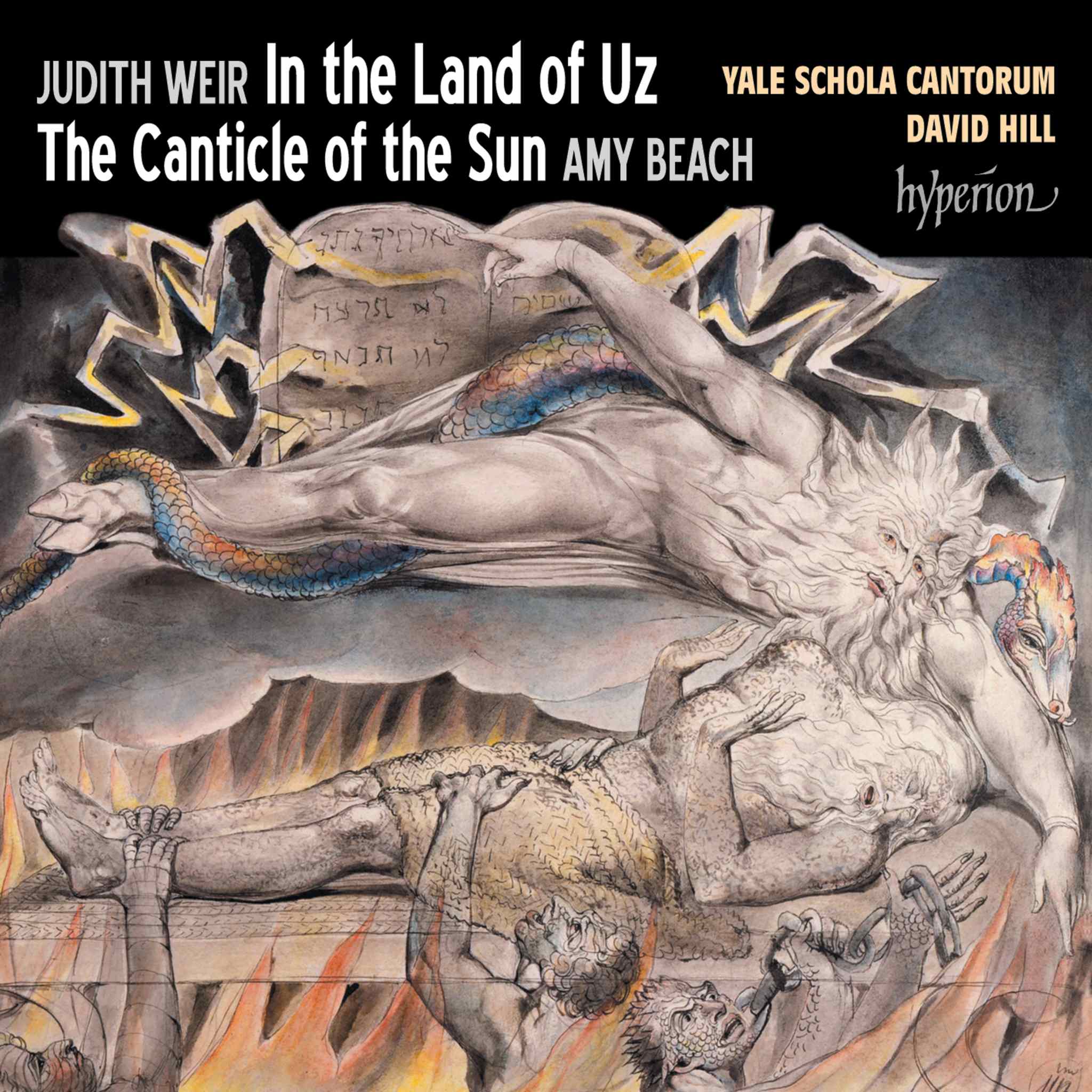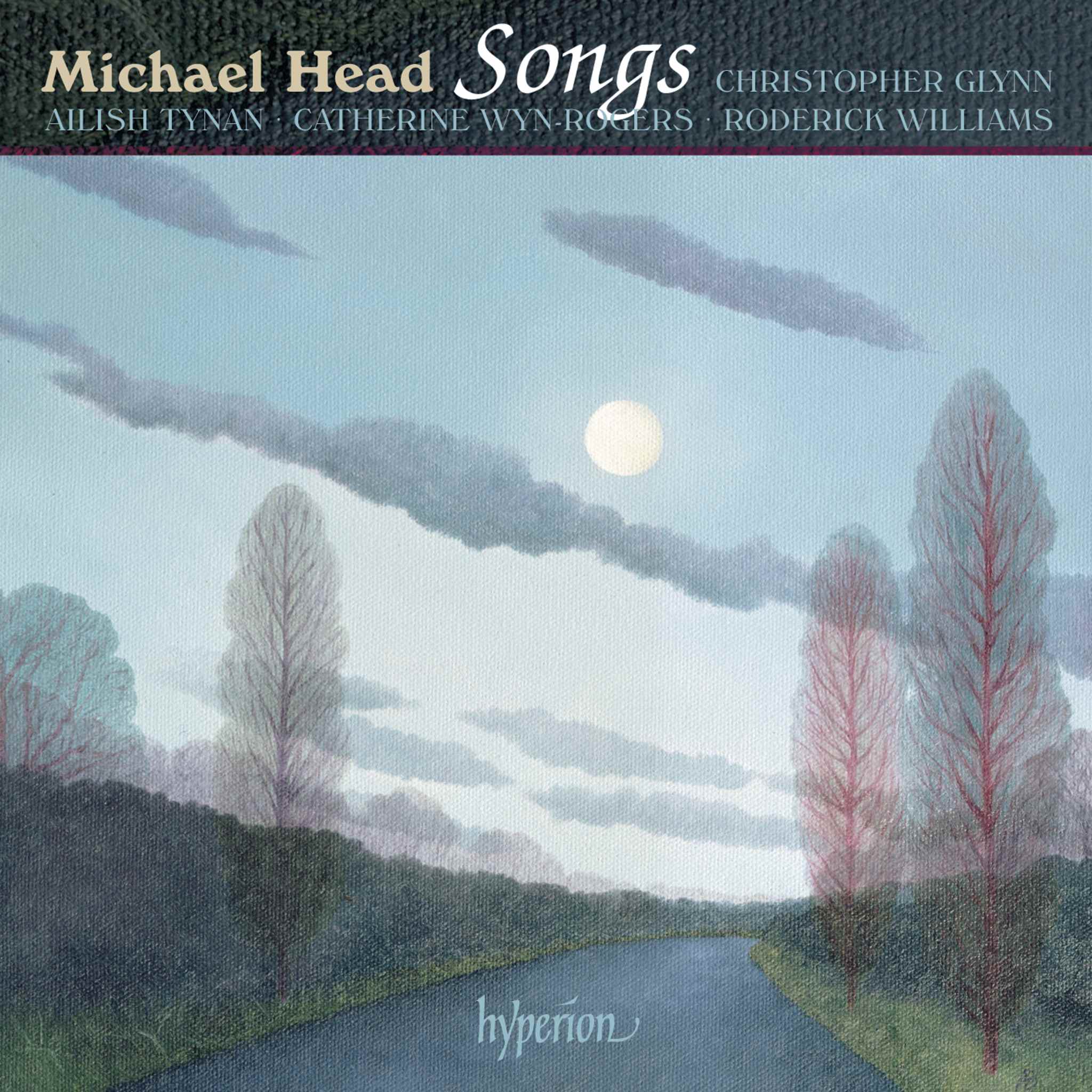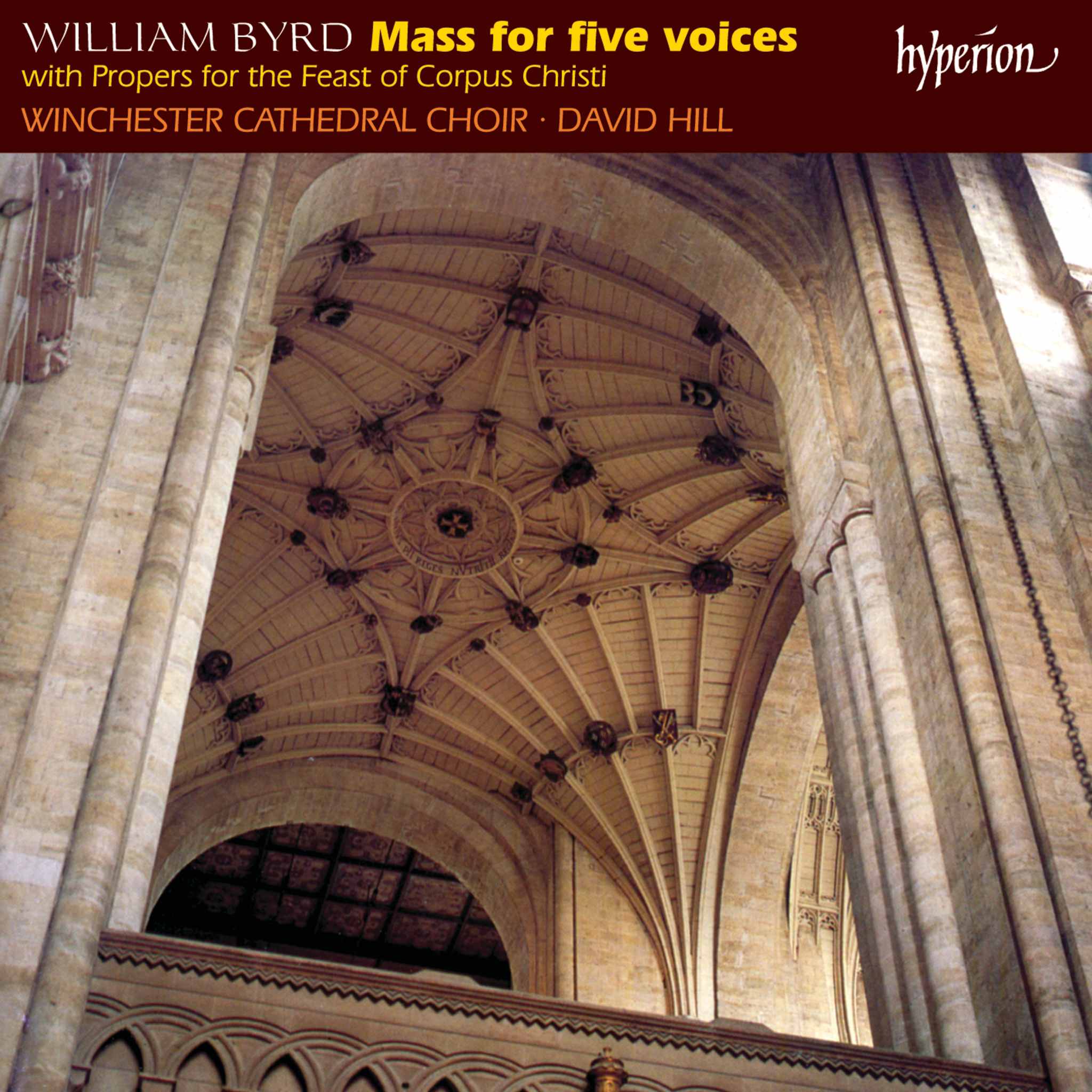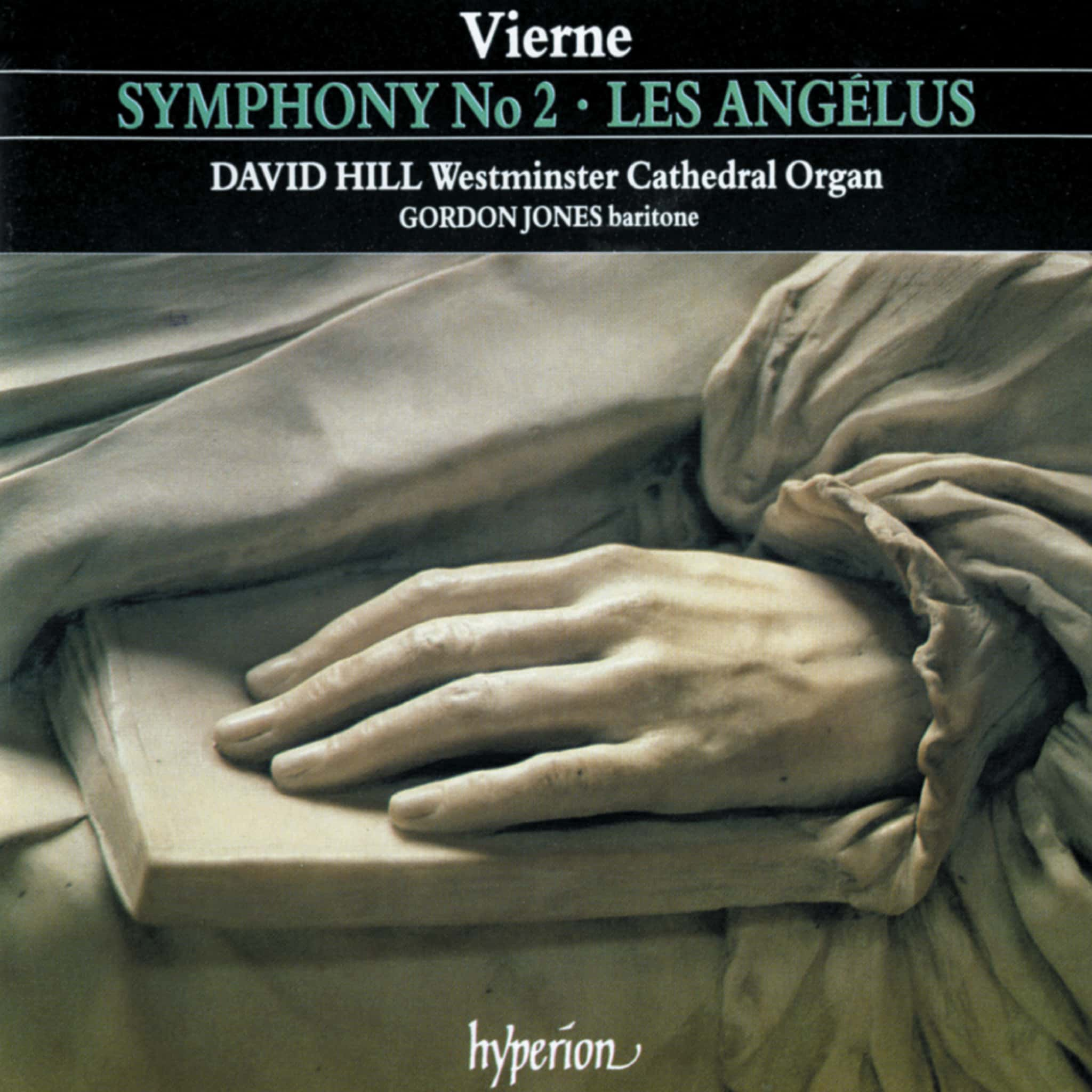Charles Burney war 1772 von der Fülle der Kirchenmusik in Wien besonders beeindruckt. In nahezu jeder Kirche oder jedem Kloster wurden täglich musikalisch gestaltete Messen mit Instrumentalbegleitung und Gesang aufgeführt. Dieses musikalische Engagement bildete damals wie heute einen wesentlichen Bestandteil des Wiener Musiklebens. Auch Friedrich Nicolai berichtete später über das breite Angebot an Messen an Sonn- und Feiertagen, da die Gottesdienste zu unterschiedlichen Uhrzeiten stattfanden. Für freischaffende Musiker wie Joseph Haydn eröffnete sich dadurch die Möglichkeit, mehrere kirchliche Engagements nacheinander wahrzunehmen und an verschiedenen Orten aufzutreten. Die von Haydn gepflegte Tradition der figuralen Kirchenmusik hatte ihre Wurzeln bereits im 17. Jahrhundert.
Um das Jahr 1600 begannen Komponisten in Norditalien, Instrumentalstimmen unabhängig von den Vokalparts zu verwenden – eine Neuerung, die sich weiterentwickelte und auch nördlich der Alpen in katholischen Ländern geschätzt wurde. Haydn konnte in seinen frühen Kompositionen auf diese Tradition zurückgreifen, die von Meistern wie Vivaldi geprägt war. Seine Missa Brevis in F-Dur verfasste er bereits im Alter von etwa 17 Jahren für die geschäftigen Vormittage an Sonntagen. Später entstanden Werke wie die Missa Sancti Joannis de Deo, die Haydn eigens für die Barmherzigen Brüder in Eisenstadt komponierte.
Die Veränderungen zwischen Haydns frühen und späten Kirchenwerken spiegeln einen Wandel der österreichischen Sakralmusik wider: Konzertante Messen lösten die älteren Formen ab. Eingriffe und Reformen durch Herrscherinnen wie Maria Theresia und ihren Sohn Joseph II. prägten, wie Musik im Gottesdienst eingesetzt wurde. Mit den späten Messen, etwa der Harmoniemesse, endete eine Epoche österreichischer Kirchenmusik. Haydns innovative Formgestaltung und sein Kompositionsstil beeinflussten Komponisten wie Hummel, Beethoven und Schubert maßgeblich. Trotz aller Veränderungen bleibt Haydns Rolle für die Kirchenmusik unbestritten.











